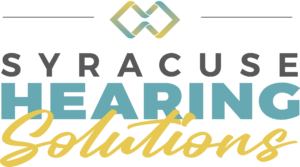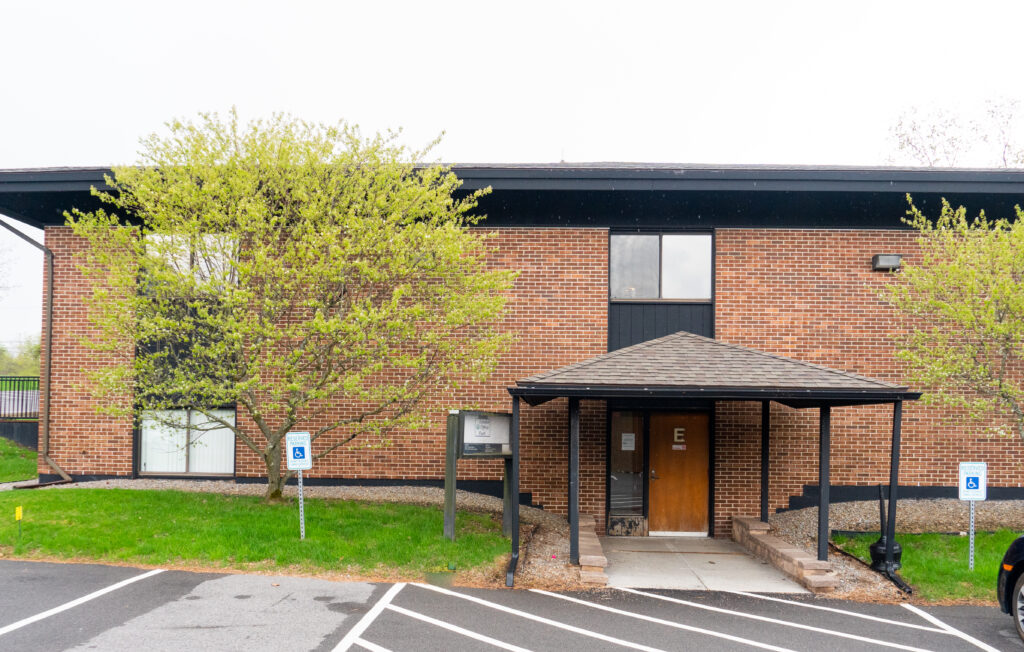Hearing and Listening – There’s a Difference!
How to avoid communication breakdowns.
In most cases, people lose their hearing gradually, so the signs and symptoms are hard to detect at first. You might still be able to hear a sound, but you can’t exactly put your finger on what it is. So, you must not have hearing loss. Right? Wrong! Not being able to understand what you are hearing is a big red flag and one that should not be taken lightly.
Hearing loss presents communication challenges both in the home and social settings. However, there are things you can do to significantly reduce communication breakdowns and get back to enjoying your life.
For starters, you can modify your environment. If you are surrounded by loud noises while you’re trying listen, you’re already setting yourself up to fail. Instead, try to choose an environment that is more fitting to you, so you can be more comfortable and relaxed while listening. That means not being afraid to ask your company if you can move to another room, table, or whatever it may be. Remember, in any communication exchange, there are two people involved. They will be more than happy to make accommodations for you.
Secondly, you should implement some effective speaking and listening strategies. It’s one thing to hear and another to listen. Hearing is the perception of sound, while listening is the process of understanding sound. And when hearing loss is present, it’s the listening part that becomes extremely difficult. We hear with our ears, but we make sense of what we hear with our brains; the two work hand-in-hand. This is why it is important for all parties involved in the conversation to be mindful of where they’re directing their words. You should also make eye contact and be facing in the direction of the listener/speaker/sound. It will help keep you engaged and connected.
Thirdly, invest in the amazing technology that is at your disposal! Hearing aids benefit your life, and the technology today provides better quality hearing than ever before. These devices help you reclaim much of the speech and other sounds you have been missing. I have patients that say they forgot that some things even made a sound, like a cat meowing or the birds chirping or the rain on the windshield. Hearing aids will help you hear these sounds again but learning to listen with their assistance takes time. Your brain has been shut off from listening and understanding what it’s hearing, so it can be overwhelming at first, especially when it comes to parts of speech. But that’s what we’re here for – to help you get back to hearing with ease.


